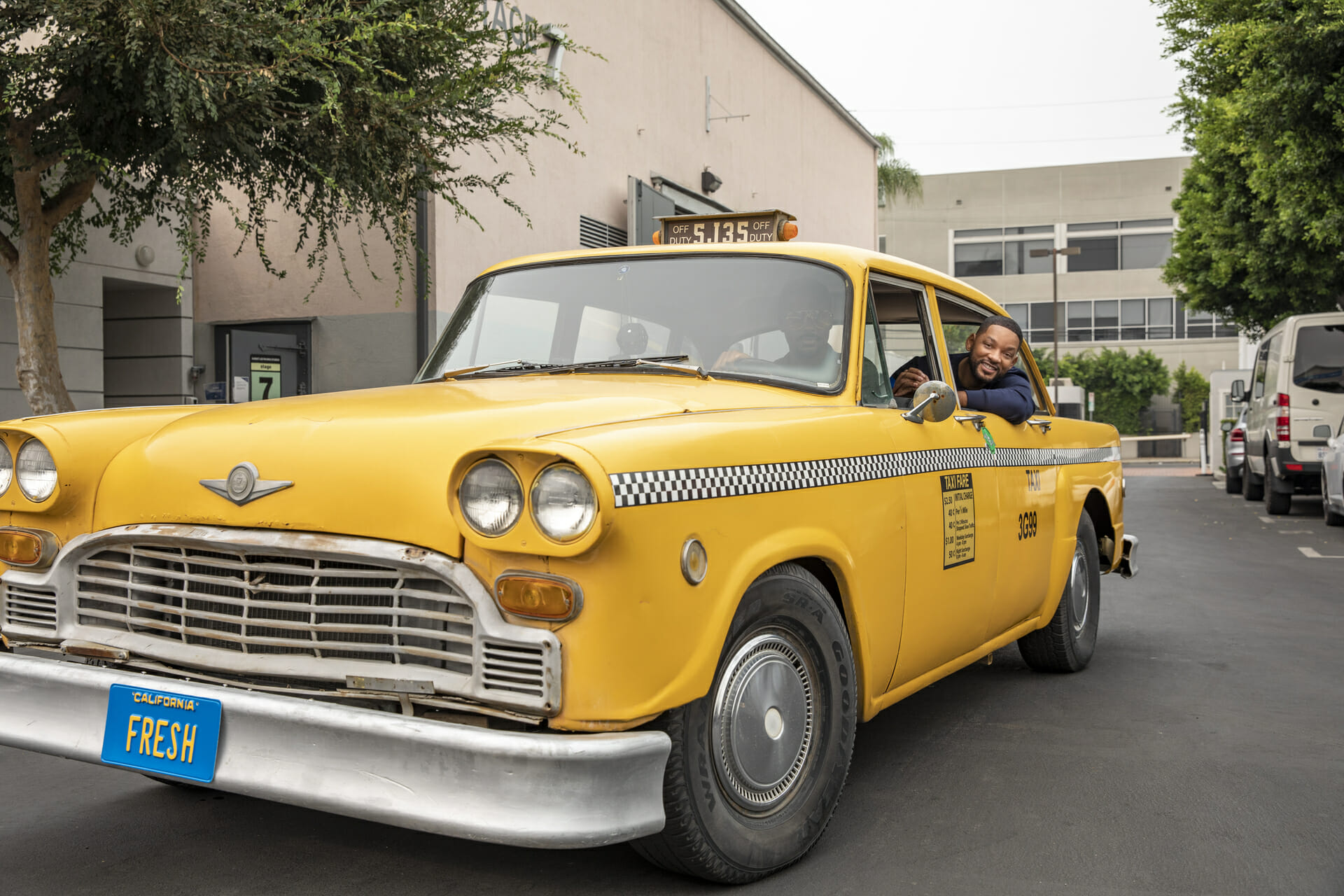
The Nanny | Between style and identity
Year
Country
Seasons
Runtime
Genre
By
… She had style, she had flair, she was there, / That’s how she became the Nanny.
These are the words of The Nanny‘s theme song. As a cult TV show of its generation, this sitcom was aired on CBS from 1993 to 1999. The Nanny tag stands for the story’s protagonist: Fran Fine (Fran Drescher). She’s a Jewish girl from Queens who’s looking for a job while trying to sell make-up to the Sheffield family. Maxwell Sheffield (Charles Shaughnessy), a rich widower, is looking for a nanny for his three children, so Fran is suddenly hired.
The show has Fran as its main focus. The episodes narrate her way of behaving and solving situations but, above all, her, sometimes desperate, attempts to conquer Maxwell, with whom she falls in love. Fran comes from a totally different social and family background from that of her employer. And yet, she always remains herself, rejecting the idea of adapting to a world in which she doesn’t fit in. This point of view turned The Nanny into a hymn to one’s identity, despite all struggles, and the deep bond with anyone’s cultural and class origins.
A new type of humor
The main elements that contributed to its success is humor, immediately decodable. All characters, in fact, have their own running gags, a personality that leads to peculiar types of joke and specific targets – which are usually paired up and mutual. Fran and Maxwell, butler Niles (Daniel Davis) and Maxwell’s colleague C.C. (Lauren Lane), the kids Maggie (Nicholle Tom) and Brighton (Benjamin Salisbury).
Many are references to other TV shows as well. Ann Morgan Guilbert for example – who plays Fran’s grandmother Yetta – while looking at herself in a mirror says she has mistaken herself for Millie Herper from The Dick Van Dyke Show (who was played by herself).
The Nanny was considered to be self-referential before many other TV shows. Fran’s character often broke the fourth wall, commenting on situations by talking to herself or directly looking into the camera. Many episodes come out as a parody of stereotypical TV: getting stuck in an elevator, pretending to be married or being the boss of your employer.
Female body and social awareness
The teasing also took place on a more personal level: when Lauren Lane became pregnant, her belly was covered by the most disparate objects, including an attracting sign for the audience that read ‘BABY’ on purpose. It recalled a similar situation that happened in Seinfeld, where the production went to great lengths to hide Julia Louis-Dreyfus‘ pregnancy on stage.
The Nanny‘s humor heavily revolves on the physicality of the characters. Fran has very exaggerated facial expressions, and many of the gags involve body movement. But the body is also one of the most used arguments to make the public laugh, not just a means of expression; for examples, Fran and C.C. are constantly being teased by others because they are in their thirties and still haven’t found a husband. Fran, in particolar, is always told to be careful, otherwise sooner or later she will become like her mother Sylvia (Renée Taylor), an overweight woman who loves food and therefore seems unable to lose weight.
This constant return to the female body and status as a good material for jokes was common for the TV of the 90’s, like Friends and Gilmore Girls that often used homophobia or body-shaming to be ironic.
Personal identity as a focal point
Despite some carelessness in the humorous tone, The Nanny addresses quite revolutionary themes, for those times. One is Jewishness; Fran and her family are Jews from Queens, who suddenly find themselves thrown into a WASP world. Their way of behaving is loud, both in tone of voice and clothing, attentive to discounts, and traditionally observant. And yet, Fran never gives up or denies this side of herself. She simply learns how to make that side of herself coexist with the new world she’s in.
Also mental health is discussed and treated with care. In fact, when Grace (Madeline Zima), the youngest of the Sheffields, finds herself suffering from panic attacks, Fran shamelessly advises her to go to her own psychologist to solve her problem.
Everybody wants to be Fran
Fran’s freedom and self-expression made her an icon of exuberance, self-esteem and style. Many people, in the 90s, wanted to be her. To this day, in the Fran Fine Database are displayed the countless and iconic dresses she wore in the series.
Powerful and influential, the same attention to style and dresses is now visibile on modern comic characters like Midge Maisel from The Marvelous Mrs. Maisel.
[The series was] an anomaly unto itself. It’s laugh-out-loud funny. The sexual tension is off the scale. It’s a Cinderella fantasy. The clothes are just like a beautiful, incredible fashion show every single week. It’s got that kind of double entendre where you can watch it with the family, and everybody of every different age will enjoy it in their own way. And yet, it’s got kind of like edgy, gay humor. It never lost its cool.
Fran Drescher to Bazaar
The Nanny is for the first time now available entirely on a streaming platform (HBO Max), and even a musical dedicated to the show will arrive on Broadway in 2023.
I think that [our original viewers] grew up as children, and now they’re the millennial generation, some of whom are introducing it to their children. I think that it has endured the test of time. It’s a classic, and classics don’t get old.
Fran Drescher to Bazaar
Tag
Buy a ☕ for Hypercritic









